
 The SFFaudio Podcast #145 – Little Brother by Cory Doctorow. Jesse, Tamahome, Professor Eric S. Rabkin and Jenny discuss Little Brother by Cory Doctorow. |ETEXT|
The SFFaudio Podcast #145 – Little Brother by Cory Doctorow. Jesse, Tamahome, Professor Eric S. Rabkin and Jenny discuss Little Brother by Cory Doctorow. |ETEXT|
Talked about on today’s show:
Tam can’t trust anyone over 25, Jesse’s review in 2008, re-reading Little Brother in 2012, South Carolina, did Jenny vote Herman Cain (Stephen Colbert)?, SOPA/PIPA, non-fiction essay combined with YA, cliche, didacticism vs. propaganda vs. agitprop, we loved the infodumping, the underlying Oedipal structure, Robert A. Heinlein, libertarian bent, The Moon Is A Harsh Mistress, Starship Troopers, Ray Bradbury, Something Wicked This Way Comes, ‘this book has well devolved mythic structure’, levers vs. buttons, relevance, Homer, Electronic Frontier Foundation, the future of money, Luke Burrage’s review of Down And Out In The Magic Kingdom, money is hard to understand, Little Brother is a call to arms, National Defense Authorization Act (suspending habeous corpus as outlined in Article One of the United States Constitution), Nineteen Eighty-Four, George Orwell, Ms. Galvez’s Social Studies class, history, Heinleinian straw men vs. Doctorowan straw men, DHS, TSA, pebbles in your shoes, gait recognition, Oedipus = lame-foot, Charles Walker, the yippies, “this is a masterwork”, Jesse hates sequels, will the sequel to Little Brother deliver anything like what we might expect?, idea based writing vs. character based writing, w1n5t0n, trust, Marcus’ moral problem (RFID cloning without consent for the “greater good”), what act of violence is allowable?, moral relativism, the ends vs. the means, adolescence, “when is it time to overthrow the government?”, treason, Jenny makes “a gorgeous point”, Cory Doctorow’s choice to set Little Brother in, Law & Order (Lenny Briscoe), British North American Act, Canada didn’t have a bill of rights until 1981, The Charter Of Rights And Freedoms, Canada’s founding fathers are not demi-gods, Byron Sonne, G-20, is Little Brother a libertarian book?, “freedom is something you have to take for yourself”, Friedrich Hayek, Prometheus Award, the government of California is the hero (or the CHP), authority tries to perpetuate itself, UC Berkley, sex, juvenile vs. YA, “we live on Mars but we keep our houses extremely hot”, Snow Crash by Neal Stephenson, The Dervish House, Ready Player One, The Diamond Age, Eric makes a minor discovery, Big Brother -> Little Brother, Star-Begotten by H.G. Wells has the origin of “Big Brother”, Olaf Stapledon, “man is the boy who won’t grow up”, Spanish Civil War, The Midwich Cuckoos by John Wyndham (aka The Children Of The Damned), The Iron Heel by Jack London, comparing Doctorow with London, what is propaganda?, pamphleteering, Joseph Goebbels, Eric thinks etymologically, propagation and ideology, the Wikipedia entry on propaganda, is The Moon Is A Harsh Mistress propaganda?, “Oceania is now”, more strawful men, Sinclair Lewis, agitprop fiction, Science Fiction, “it’s a call to arms”, being a hacker, “go forth and hack my children”, “pay attention”, Gitmo by the bay, Iraq, Hacking The X-Box, Mac vs. PC ads, the hacker ethic is the science ethic, LARPing, “just to be smarter about the world around me”, alternative schooling, BART (Bay Area Rapid Transit), SkyTrain, The People Mover (The DPM), jitney, first person perspective, how to care, the terrorism detector and super-AIDS, Jane Jacobs, Jenny’s favourite character was Andrew, crystallizing the Oedipal issues, the Scoville scale, “the word is mister”, Ange vs. mom, The Tempest, severe haircut lady’s sadism, The Dark Knight Returns, is there a hero-normative angle?, The Puppet Masters, Friday, Have Spaceship-Will Travel, the ideal audience, Good Night Moon, Kirby Heybourne’s narration, transitional objects, Cory’s analogies are wonderful, taking a hiatus from Science Fiction, a pleased (but silent) smile, Jesse still has all his LEGO, a balding grey haired kid, Paranoid Linux, Jenny is ambivalent about whether she is of two minds, that couldn’t really happen here … could it?, Erich Fromm’s Escape from Freedom, the closer you get to power the more obvious it becomes, idelogical blindness, Drew wants to be able to believe, “He loved big brother.”
Posted by Jesse Willis
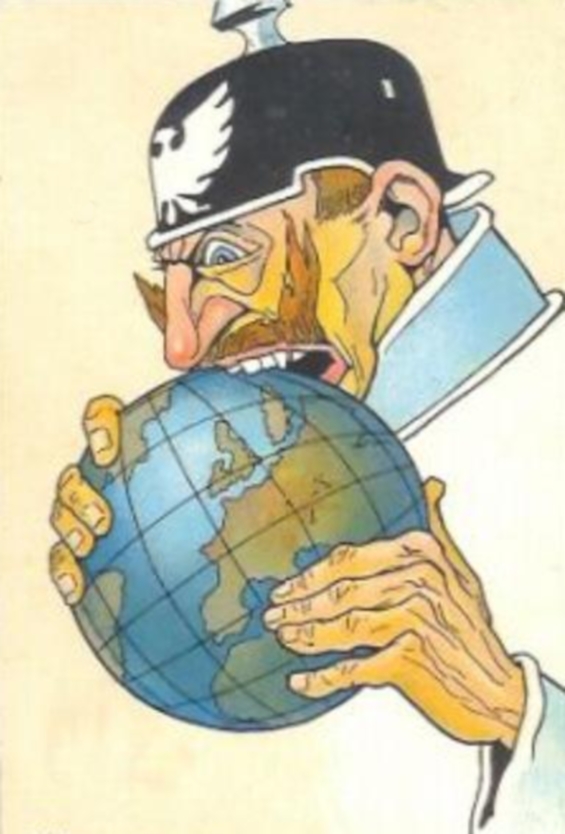


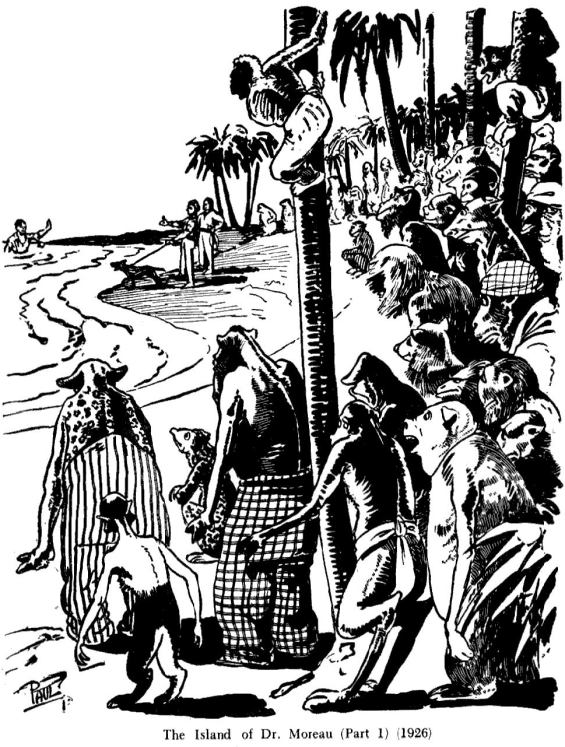
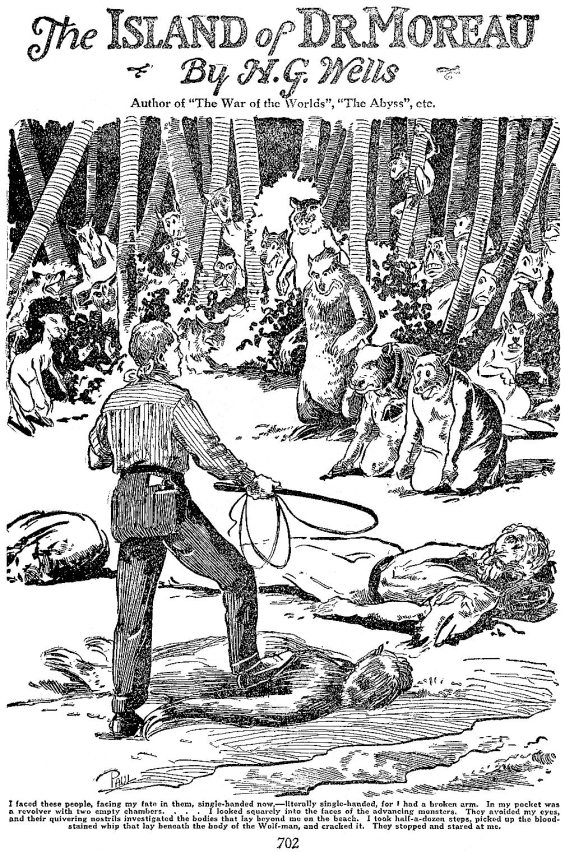
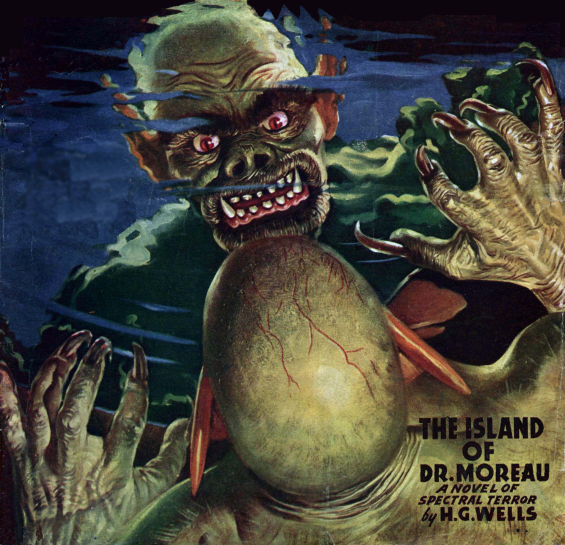
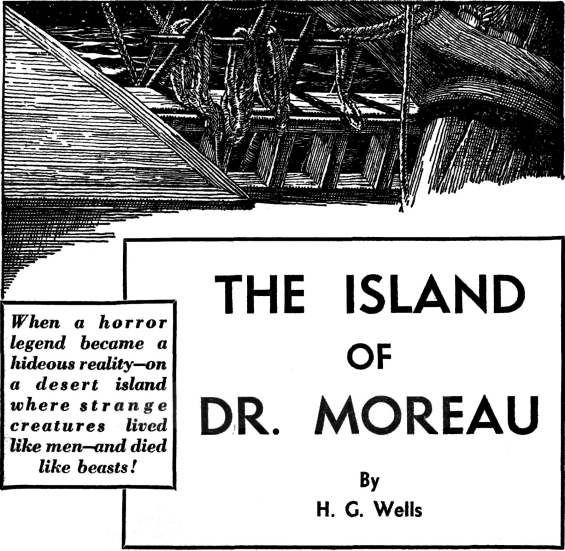
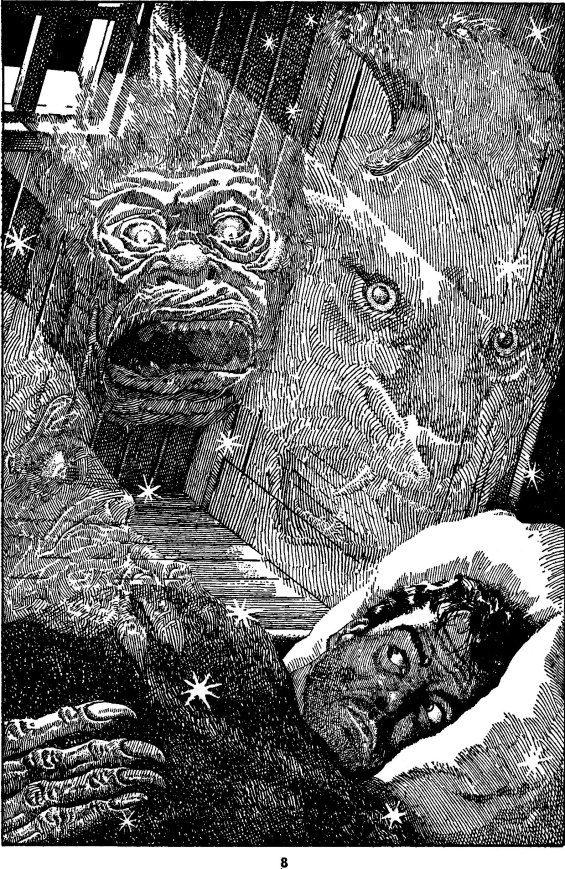
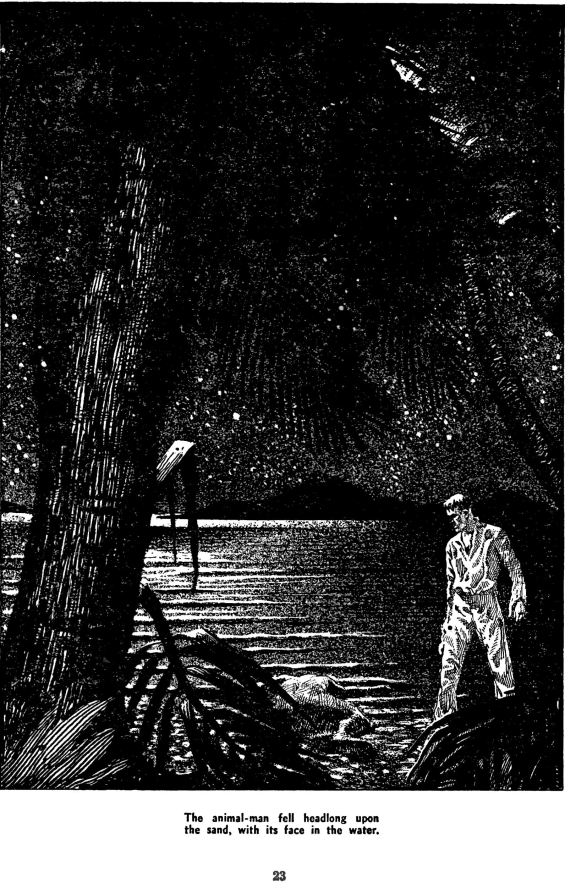
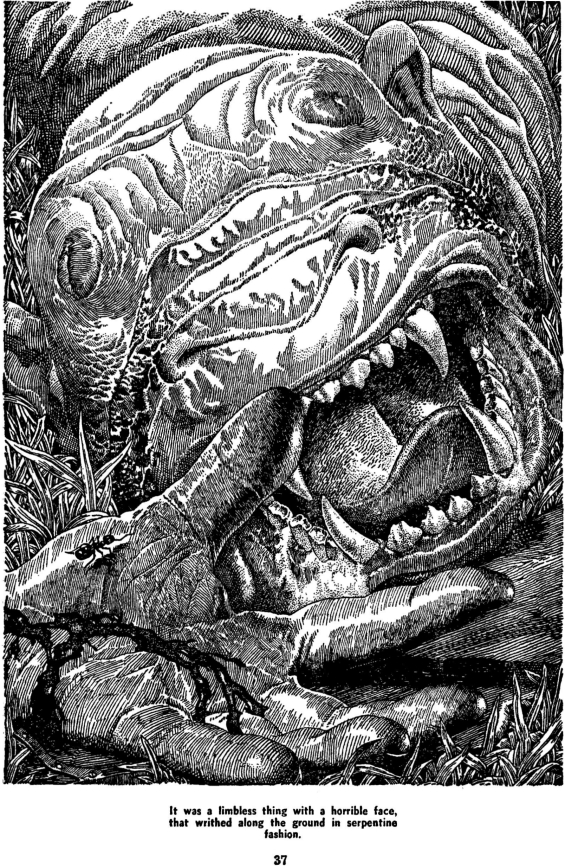
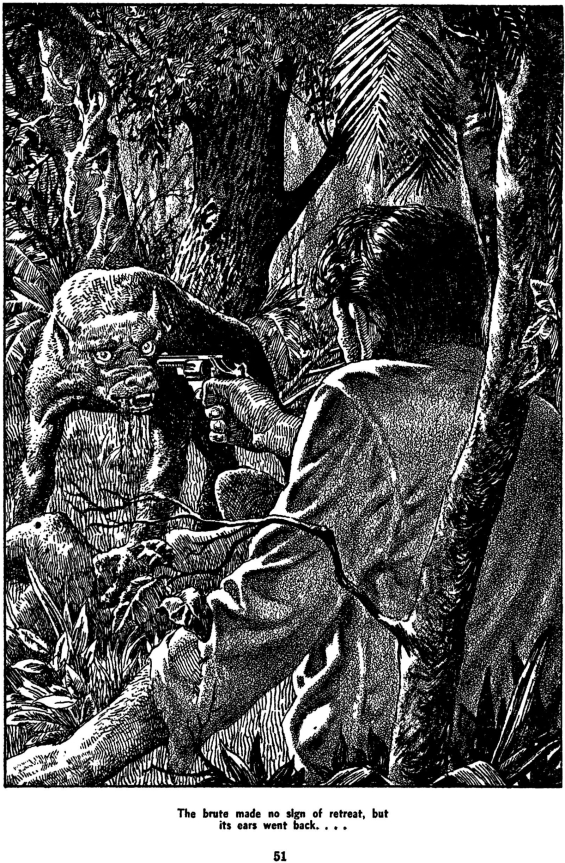

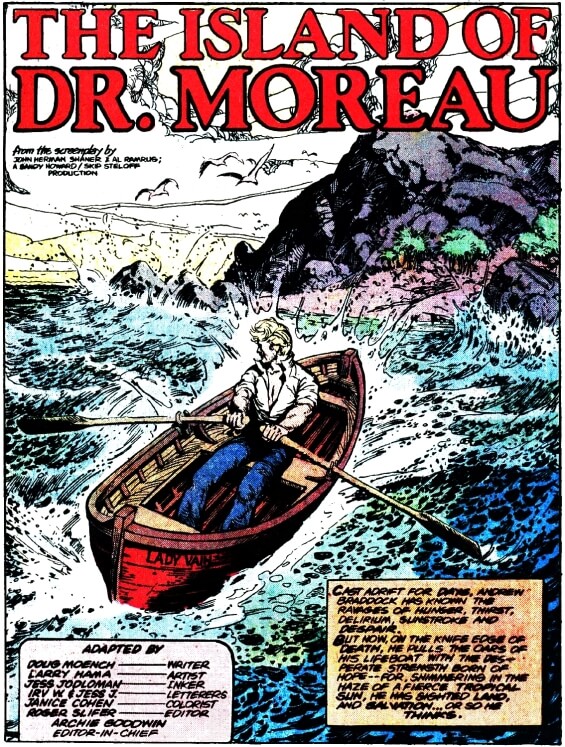


 The Country Of The Blind
The Country Of The Blind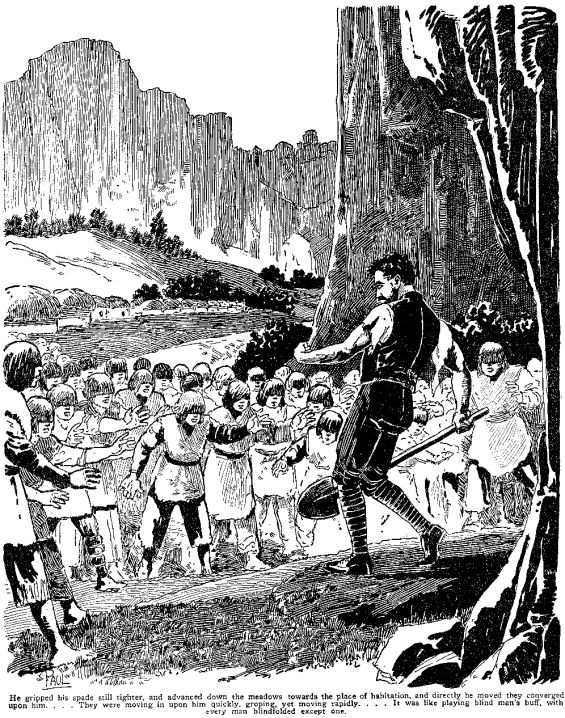
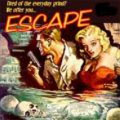
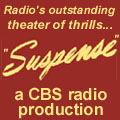
 Favorite Story – Strange Valley
Favorite Story – Strange Valley

